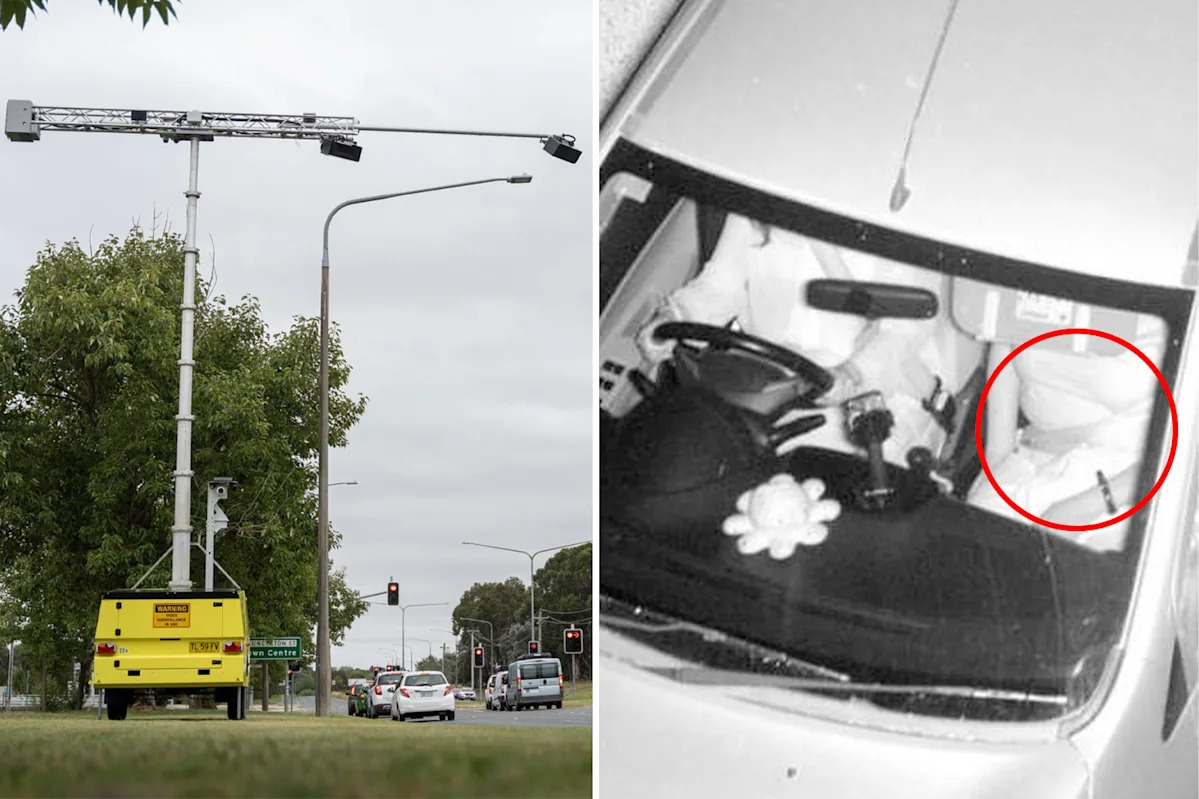
Super League is set to undergo significant changes next season, with plans to expand the division to 14 teams. This development is part of a broader transformation influenced by a comprehensive review led by Nigel Wood. The review suggests changes that will impact various aspects of the sport, including the Magic Weekend, the Challenge Cup, international fixtures, and the women’s and wheelchair games. As the sport prepares for 2026, a clearer picture of these changes is emerging.
The expansion of the Super League is not a certainty yet. The review outlines an “ambition to grow beyond 12 teams, potentially 14, 16, or 20,” but expansion may be delayed until 2027 if there are not enough clubs meeting the criteria. Among the clubs vying for a spot in the expanded league are current top-flight teams like Huddersfield, Hull, Castleford, and Salford, as well as Championship clubs such as York Knights, Bradford Bulls, and Toulouse.
Clubs Vying for Super League Spots
Twelve clubs have applied to join the expanded Super League in 2026. The lineup will be confirmed on October 16, following the submission of full applications by September 12. Rumors suggest that Bradford Bulls, with their financial stability, and Toulouse, willing to enter with zero funding, are strong contenders. The final decision will be crucial for clubs like Salford, who may face relegation.
Promotion and relegation are expected to adopt a format similar to the Qualifiers, with the worst Super League teams facing the best from the second division in a high-stakes final. This approach aims to enhance the competitive nature of the league and increase its appeal to fans.
Enhancing the League’s Profile
The review emphasizes the need to “use the talent around the room” to raise the Super League’s profile. This includes leveraging the expertise of individuals like Warrington owner Simon Moran, a top music promoter, and Wigan owner Mike Danson, a publishing giant. The review proposes a “star creation team” to showcase athletes and better scheduling to maximize viewership.
Changes to the Magic Weekend and the Challenge Cup are also on the horizon. Wood suggests introducing a new flagship event, akin to cricket’s T20 or The Hundred. Alternatively, Magic could evolve to host significant Challenge Cup matches, though logistical challenges remain due to broadcasting rights and ticket sales.
International Fixtures and Women’s Game
Wood’s review calls for annual autumn international fixtures to enrich the international calendar. With the 2026 World Cup set in Australia, the Rugby Football League (RFL) will need to creatively bolster European nations. Establishing a 10-year World Club Challenge agreement with the NRL is also a priority, aiming to integrate Super League into global events like the Vegas week.
Concerns have been raised about the future of women’s and wheelchair rugby league, with the review suggesting a separate plan for the women’s game, potentially decoupling it from the men’s. This could lead to regional women’s teams or fewer elite clubs, focusing on sustainability and growth.
Pathway for Development and French Clubs
The review highlights the importance of community strategy, despite a decline in amateur men’s teams. Enhancing coach education and strengthening links between community and pathway clubs are seen as vital steps. The loan system will be revised, with a focus on quality academies and delayed player selection decisions.
French clubs like Catalans and Toulouse are expected to contribute financially to remain in the league. The review aims to renegotiate terms to ensure their involvement is beneficial and sustainable, expanding the game’s footprint.
In a related note, London Broncos are set to host Bradford Bulls on September 6 in a charity event, “Emilia’s Big Day,” supporting cancer charity DKMS. The event highlights the community spirit and social responsibility within the rugby league.
As the Super League prepares for these transformative changes, the focus remains on enhancing the sport’s appeal and ensuring its growth on both a domestic and international scale. The coming months will be crucial in determining the future landscape of rugby league.







